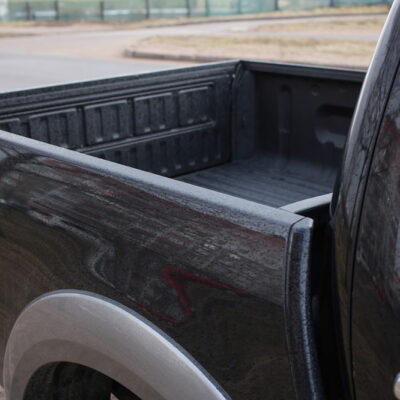
6 Things Medicare Does Not Cover
The Medicare program is a health insurance entitlement that members of the United States have been granted. This entitlement, designed to cover certain medical necessities, provides coverage for basic doctor’s visits, hospital admissions, and prescriptions. Some program providers include Aetna, United Health Care, Blue Cross Blue Shield, Cigna, Humana, Anthem, Mutual of Omaha and Social Security Administration (SSA) medicare. Unfortunately, there is a long list of things that Medicare does not cover. Some things are never covered by the program, while other expenses may be reimbursed depending on certain criteria. Most people are unaware that Medicare does not cover certain medical treatments and expenses. Here are 6 things Medicare does not cover:
1. Regular dental exams, cleanings, x-rays, and dentures
Patient assistance programs will not reimburse beneficiaries for routine cleanings, exams, and x-rays unless there is a tooth or gum problem. Most dentists will provide a free exam and cleaning during their first visit if you are a new patient. If you have further questions about Medicare coverage of dental expenses, you should speak with your dentist or call the Medicare Hotline. Medicare Advantage plan enrollment is also possible if you are interested in dental coverage on a voluntary basis.
2. Long term care
Long-term care facilities typically have a monthly fee for each staying there. Medicare will not cover these costs if a person has a severe physical or mental illness, or needs round-the-clock care or other assistance. However, suppose you are an in-home care provider. In that case, your assignment through the Medicare program may include an annual rate based on the location’s median income per capita and the number of people receiving services in this community.
3. Prescription drugs
Medicare does not cover the cost of prescription drugs. The manufacturer or the pharmacy must provide a Medicare-approved drug, and you must pay a copay when prescribing your drug. If you choose to obtain these drugs from an out-of-network pharmacy, a private hospital, or a clinic not under Medicare’s provider network, you will have to pay up to 20 percent of the total drug cost.
4. Hearing aids
The program does not cover the cost of buying a hearing aid, repairs and maintenance, the batteries needed for the hearing aid, and annual checkups. However, Medicare does cover hearing aids if you need them due to an accident or illness. If you have Medicare A (Hospital Insurance) and B (Medical Insurance), you will have access to several medical benefits if you need a hearing aid due to illness or injury. Aetna Health Insurance provides comprehensive coverage for hearing aids to make them affordable.
5. Overseas health coverage
Medicare covers an average of 80 percent of your expenses when you receive medical care in the United States, but it does not cover overseas costs. When you’re outside the country and use a provider who is part of the Medicare network, you must usually pay all costs upfront. Then, after returning home, file for reimbursement for covered services.
6. Regular eye exams
A Medicare beneficiary who has Medicare Part B coverage automatically has the option of receiving a free, regular eye exam once every two years from an eye doctor participating in Medicare’s network of doctors. However, beneficiaries are responsible for paying the deductible, coinsurance, and copayment amounts on the annual wellness visits. You must pay for a yearly eye exam if you have Medicare coverage. However, if the need for an eye exam is something that only occurs once every two or three years, then your insurance will not cover it.


